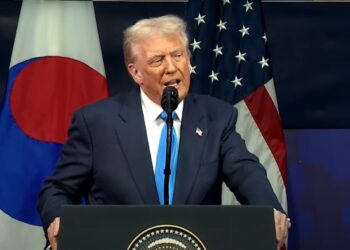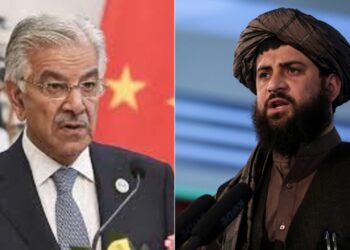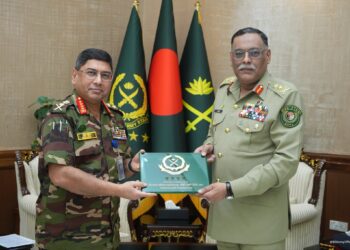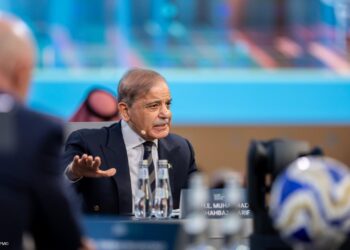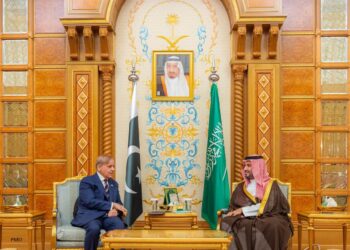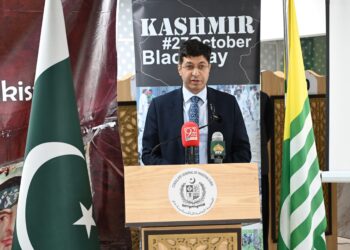The meeting, initially scheduled for an hour,
lasted over two hours, highlighting
a “cordial and in-depth dialogue.” ISPR
Web Desk
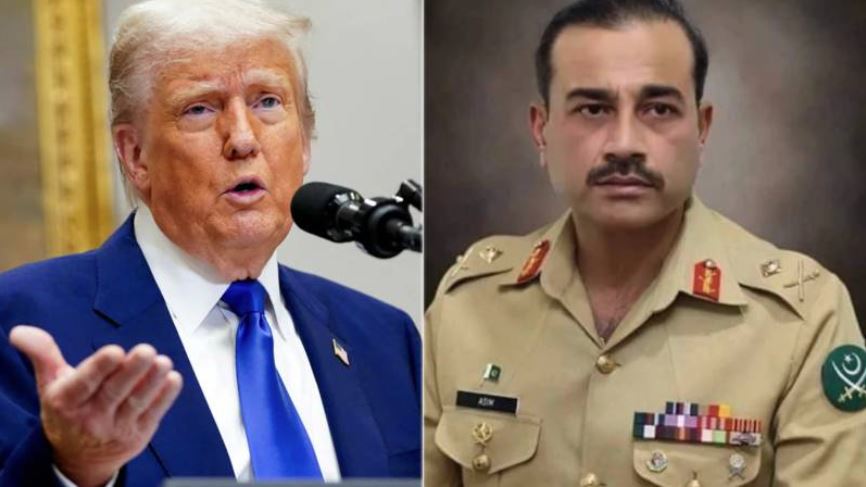
Washington/Islamabad/New Dehli: In a historic development, U.S. President Donald Trump hosted Pakistan’s Chief of Army Staff (COAS) Field Marshal Syed Asim Munir at the White House on Wednesday, marking the first-ever formal meeting between a serving Pakistani army chief and a sitting U.S. president.
A First in Pak-US Military Diplomacy
The unprecedented luncheon was held in the Cabinet Room, followed by a session in the Oval Office. According to Pakistan’s military media wing, ISPR, the meeting, initially scheduled for an hour, lasted over two hours, highlighting a “cordial and in-depth dialogue.”
This engagement bypassed conventional diplomatic protocols, with no senior Pakistani civilian officials present. It was facilitated through backchannel lobbying and support from Republican-aligned firms, U.S. officials, and influential business circles.
Counterterrorism, Trade, and Technology Top the Agenda
During the meeting, both sides reaffirmed their commitment to joint counterterrorism efforts. Discussions covered a wide range of strategic interests, including:
- Expansion of bilateral trade
- Economic development and energy cooperation
- Collaboration in artificial intelligence, cryptocurrency, and emerging technologies
- Investment in mines and minerals
President Trump reportedly expressed “keen interest” in building a long-term, mutually beneficial trade partnership with Pakistan.
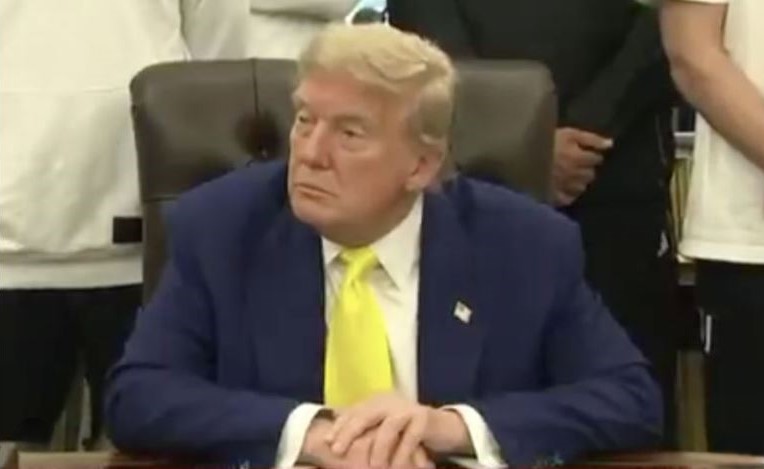
Trump Praises Munir’s Role in Averting Nuclear Conflict
Trump publicly thanked Field Marshal Munir for his role in de-escalating last month’s standoff between Pakistan and India. “This man was extremely influential in stopping it from the Pakistan side,” Trump told reporters. He added, “Two very smart people decided not to keep going with that war — it could have been a nuclear war.”
The U.S. President also commended Indian Prime Minister Narendra Modi, stating he had spoken with him just a day prior to Munir’s visit.
Regional Conflicts and Peace Efforts
A portion of the discussion focused on the ongoing Iran-Israel conflict. Trump acknowledged Pakistan’s regional insights, stating, “They know Iran better than most.” Both leaders stressed the need for peaceful resolution of Middle East tensions.
Field Marshal Munir conveyed Pakistan’s appreciation for Trump’s “constructive role” in recent regional peace efforts, especially during the Indo-Pak crisis. He extended an official invitation to Trump to visit Pakistan, which ISPR described as a “gesture reflecting the warmth of bilateral ties.”
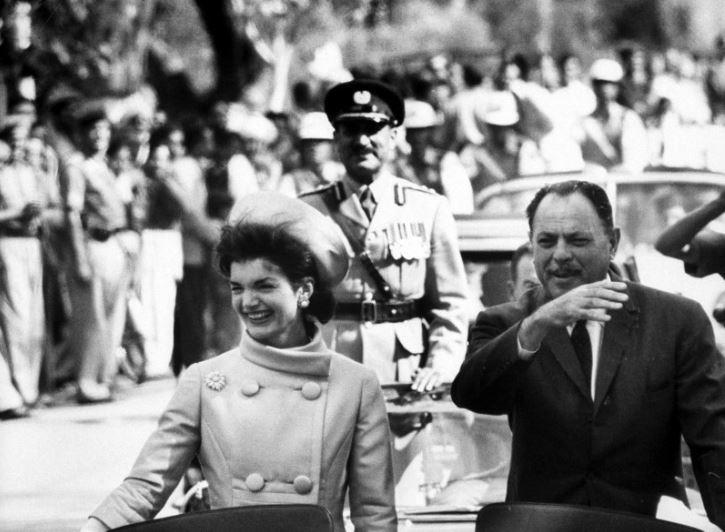
Background and Significance
Historically, Pakistani military rulers like Field Marshal Ayub Khan and Gen Pervez Musharraf met U.S. presidents only while holding political office. Even Gen Ashfaq Parvez Kayani’s brief encounter with President Obama lacked formal status. Munir’s meeting marks a significant departure, underscoring his influence amid evolving global dynamics.
Trump’s Nobel Prize Mention
White House spokeswoman Anna Kelly later confirmed that Trump hosted Munir after suggesting he deserved a Nobel Peace Prize for helping prevent a nuclear conflict between Pakistan and India.
Defence Minister Welcomes Meeting as Milestone
Pakistan’s Defence Minister Khawaja Asif hailed the meeting as a “milestone in Pak-US ties” and a “turning point” in bilateral relations. He credited the visit to the collaborative efforts of Prime Minister Shehbaz Sharif and Field Marshal Munir, calling it a success of Pakistan’s hybrid governance model.
“The revival of the economy, improved relations with the U.S., and regional stability were all made possible through Islamabad and Rawalpindi’s united approach,” Asif said on X.

